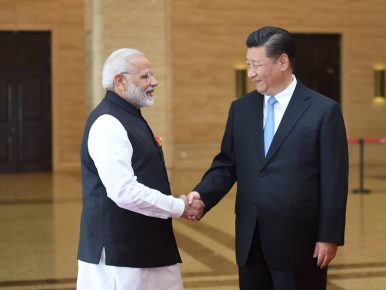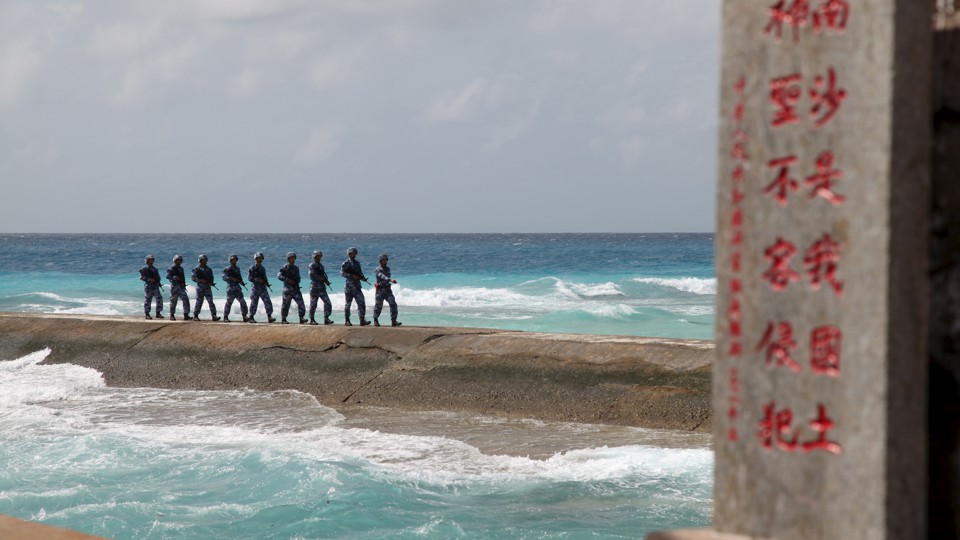By Jansen Tham
 On May 20, the South China Morning Post (SCMP) ran a report highlighting Beijing’s “unprecedented scale” of mining on its side of the disputed border with India in South Tibet, known in India as Arunachal Pradesh. The precious minerals, including gold and silver, are valued at about $58 billion by Chinese geologists, and are largely located in Lhunze county – a Chinese military stronghold occupied during the 1962 Sino-Indian border war. The following day, when asked about SCMP’s article at a media briefing, Chinese Foreign Ministry spokesman Lu Kang asserted that “it is completely within China’s sovereignty” to conduct such geological activities, stating that “China’s position on the India-China boundary is consistent and clear cut. China never recognised the so-called Arunachal Pradesh.”
On May 20, the South China Morning Post (SCMP) ran a report highlighting Beijing’s “unprecedented scale” of mining on its side of the disputed border with India in South Tibet, known in India as Arunachal Pradesh. The precious minerals, including gold and silver, are valued at about $58 billion by Chinese geologists, and are largely located in Lhunze county – a Chinese military stronghold occupied during the 1962 Sino-Indian border war. The following day, when asked about SCMP’s article at a media briefing, Chinese Foreign Ministry spokesman Lu Kang asserted that “it is completely within China’s sovereignty” to conduct such geological activities, stating that “China’s position on the India-China boundary is consistent and clear cut. China never recognised the so-called Arunachal Pradesh.”












